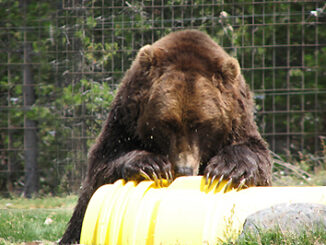The first time I laid eyes on Mount Indefatigable is a moment I won’t soon forget. I was camping with a group of friends in Peter Lougheed Provincial Park in late summer. We had finished dinner and decided to take an evening stroll before lighting the campfire. We headed for Lower Kananaskis Lake as it was adjacent to our campground. The sun was hanging low in the sky as we broke through the trees onto the lake’s rocky shoreline. Rising high above the glassy surface was the rugged massif that is Indefatigable. Staring in awe at its magnificence, I vowed to return to explore its upper reaches and eventually set foot upon the summit.
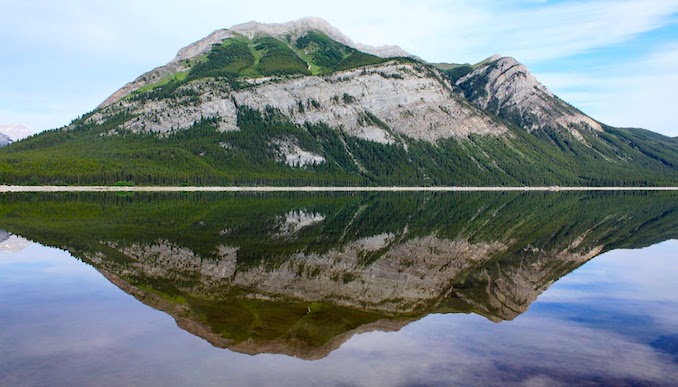
Mount Indefatigable is named after HMS Indefatigable, a British battleship that was sunk during the Battle of Jutland, the only major sea battle during World War I. Walter D. Wilcox, an early explorer in the Canadian Rockies, is credited with the mountain’s first ascent back in 1901. Since Wilcox’s initial summit push, the mountain’s popularity has been steadily increasing. A large part of that popularity can be attributed to social media, especially apps like Instagram, where stunning photos are shared regularly. These posts have made Mount Indefatigable a hot-button topic due to the fact that the trail to the summit is no longer designated for hiking.
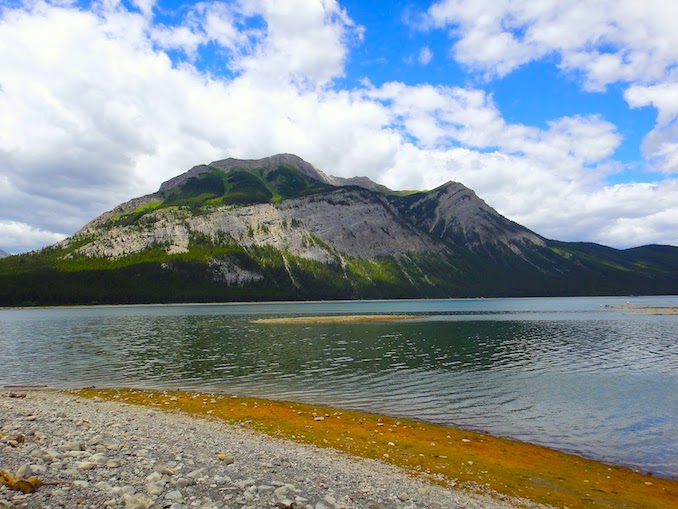
Back in 2005, the trail that previously existed and was known as Mt. Indefatigable, was decommissioned by Alberta Parks. During that process, two bridges were removed, as well as one memorial bench. Signage, indicating the trail had been decommissioned, was erected near the trailhead. Unfortunately, many users are not aware of the trail’s decommissioned status, don’t understand the reasoning, or they simply disregard it altogether.
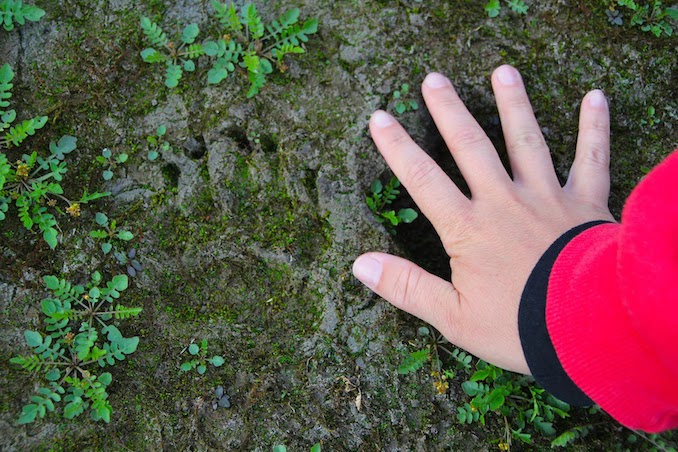
The rationale behind the trail’s decommission was simple, Indefatigable lies in prime Grizzly Bear habitat. It was observed and well-documented that human-wildlife interactions were frequent and too high to effectively protect this prime habitat for Grizzly Bears. Grizzlies are under increasing human-use pressure in every valley within Kananaskis and decommissioning this trail was a non-enforcement approach working towards an important conservation outcome. In addition, the primary mandate of Alberta Parks, as outlined by the Provincial Parks Act, is “the conservation and management of flora and fauna.” To compound the issue even further, according to the Status of the Grizzly Bear (Ursus arctos) in Alberta report that was published in 2010, Grizzlies are listed as threatened within this province. The Kananaskis Trails Committee (KTC) and regional staff experts in ecology and land-use planning remain supportive of the decision to decommission this trail for the long-term protection of this umbrella species. It’s worth mentioning here that the Government of Alberta is planning on reviewing the threatened status of Grizzly Bears, based on new population estimates.
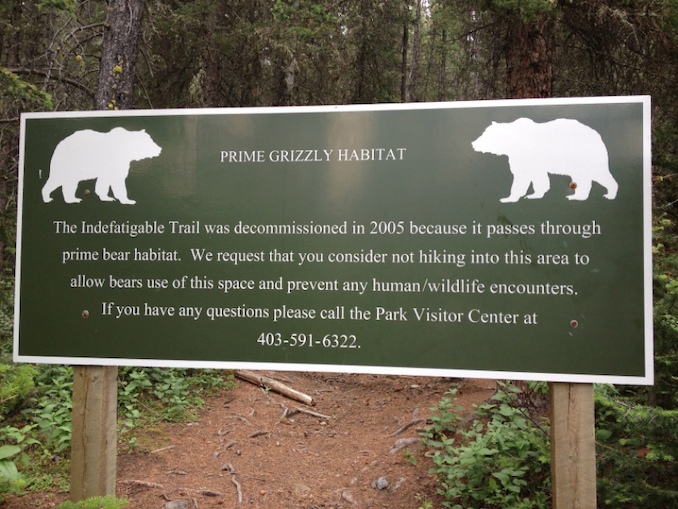
Some have proposed a full closure of the Indefatigable area to protect the bears, but it’s not always that simple. Closures in provincial parks can only be implemented through a Ministerial Order (MO). The last such proposal was submitted in 2018, but has not been approved as of this writing. According to Alberta Parks, the entire area around Mount Indefatigable is not currently under an MO closure. However, should visitor-use persist or increase, and therefore threaten ideal bear habitat, additional measures would need to be implemented to further manage the area.
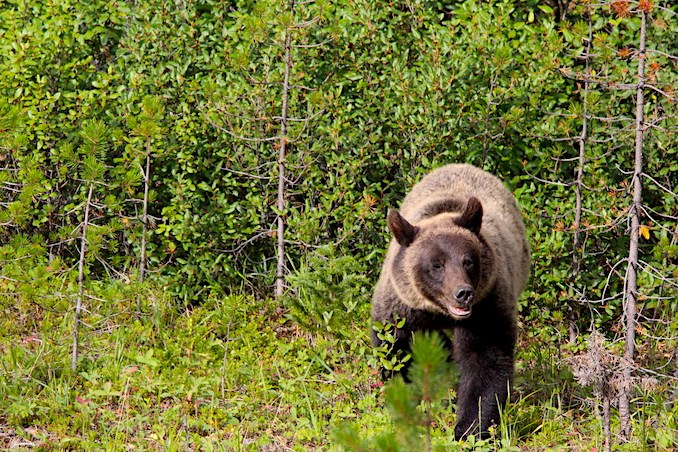
Although the trail is no longer promoted by Alberta Parks as an official hiking trail, it remains in many guidebooks and on various hiking maps/apps of the area. Furthermore, mixed messages about the trail are pervasive within the hiking community. A quick Google search reveals countless websites and online hiking guides promoting Indefatigable as a desirable destination. Some of these webpages acknowledge its current status, some even go as far to announce the trail as “closed”, while others still make no mention whatsoever. All of this only complicates the matter and ensures the trail’s status remains as murky as ever.

A common misconception about Indefatigable is that it was decommissioned for the safety of trail users. Visitors read the trailhead sign, are informed about the presence of Grizzly Bears, and ultimately decide to take their personal safety into their own hands. While visitor safety is paramount for Alberta Parks, in this instance their concern is about the bears. Derek Ryder, the current Co-Chair of the Friends of Kananaskis summarizes this concern perfectly. “There are transit barriers in this area, including a dam, and this corridor is key for the Grizzly population to move and reproduce in a varied gene pool, which is necessary to sustain a healthy population. Bears have a huge food source in the meadows of Mount Indefatigable and it’s a prime denning area. By hiking there and displacing them, we effectively fence them into smaller populations and force them to den in less ideal areas, lowering their reproductive success. By choosing this trail, we each impact an already threatened Grizzly population.”
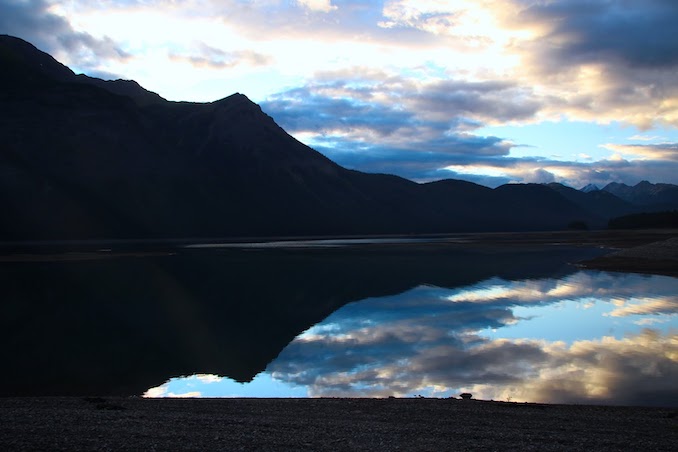
Any avid outdoors person should be aware of the principles of Leave No Trace. This set of guidelines provides the framework for minimum impact practices for anyone experiencing the outdoors. One of these principles is Respecting Wildlife. Human presence can be stressful for wildlife and can cause them to alter their behaviours to their own detriment. Observing the recommendations outlined within this principle can help ensure peaceful coexistence. Remember, the wilderness is their home, we are just visiting.
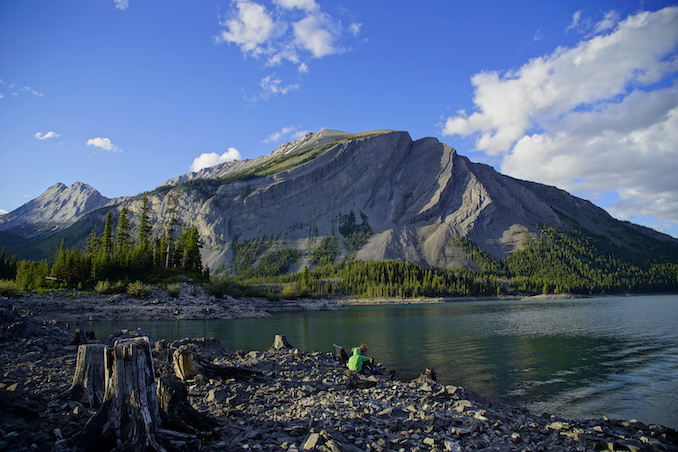
After learning of the trail’s decommissioned status, and educating myself about the rationale behind this decision, I have since removed this trail from my hiking bucket list. Kananaskis Country is over 4,200 square-kilometres in size, that’s more than enough space to find alternative hiking options. King Creek Ridge or Mt. Lawson’s southern end offer similar hiking experiences and will provide impressive views of Mt. Indefatigable. Honestly, it would be pretty selfish to insist on hiking in an area that is a known stronghold for a threatened species. No matter how incredible the views, or how many likes that Insta post would get, it’s just not worth it. With a seemingly endless supply of majestic peaks and otherworldly views I firmly believe we can leave this sanctuary to the bears.
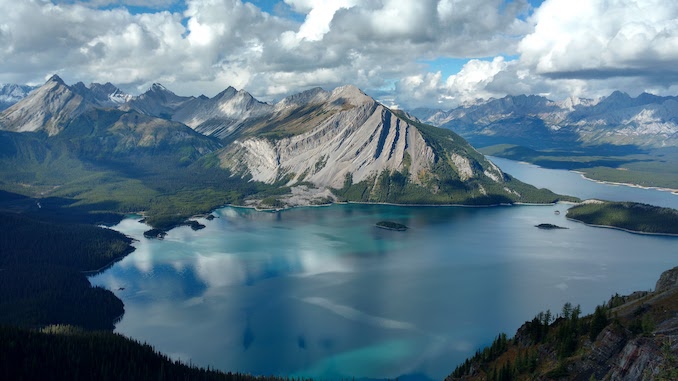
The Friends of Kananaskis Country provides additional information about the importance of avoiding the Mount Indefatigable Trail, which you can read right here. Remember, Kananaskis is considered bear country, so ensuring you’re following Bear Smart tactics while enjoying the outdoors is important for your safety and theirs.


